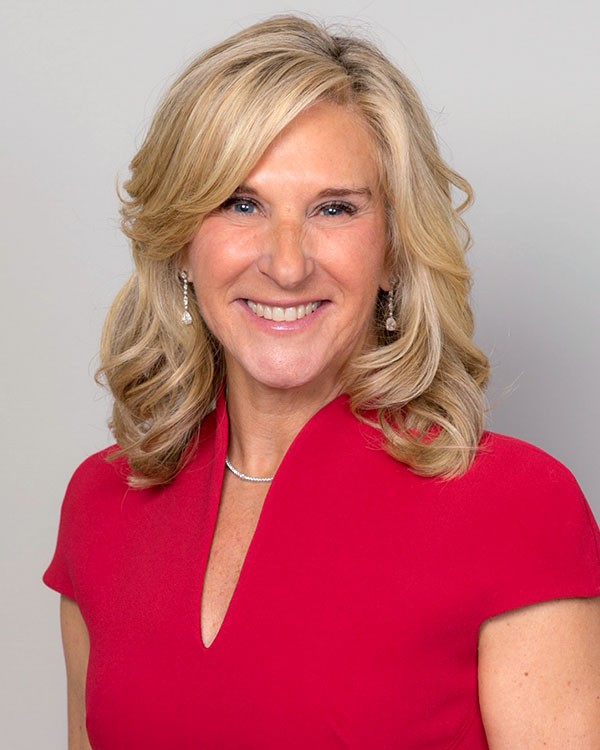
The City of Swan is continuing to improve its nutrient management practices at parks and reserves, following its participation in the South East Regional Centre for Urban Landcare’s annual survey on best nutrient practices.
The City of Swan received a 100 per cent rating and were commended for having all the assessed nutrient Best Management Practices in place.
The City was assessed for its practices in different categories, which included fertiliser applications, nutrient management, nutrient education, water quality monitoring and development control.
City of Swan Acting Chief Executive Officer Mark Bishop said the results represented the third year running that the City had received a 100 per cent rating.
“It is pleasing that we are at the forefront of best practice in local government, but we can always do more, both as a local government and individual residents,” he said.
Mr Bishop said the City’s scorecard could be used to look at how our performance is tracking from year to year, as well as provide a benchmark to other local governments.
To ensure the protection of the natural environment, the City is responsible for fertilizer use and management on turfed areas and in reserves, in drainage systems and in local planning decisions.
Excessive inputs for nutrients, such as phosporus and nitrogen, combined with low water flows and warm temperatures can cause toxic algal blooms to river systems.
If left untreated these blooms can grow out of control and produce toxic or harmful effects on fish, aquatic mammals and birds.
Mr Bishop said late in summer, as water levels drop and lakes dry, it was common for aquatic vegetation, lake bottoms or shoreline sediments to become visible.
“This is natural. It is not due to algal blooms and is nothing to be worried about,” he said.
“As soon as it rains, the lakes and wetlands will return to normal.
“City staff keep an eye on lakes and wetlands as part of their daily maintenance work, so there is no need to report such occurrences.”







